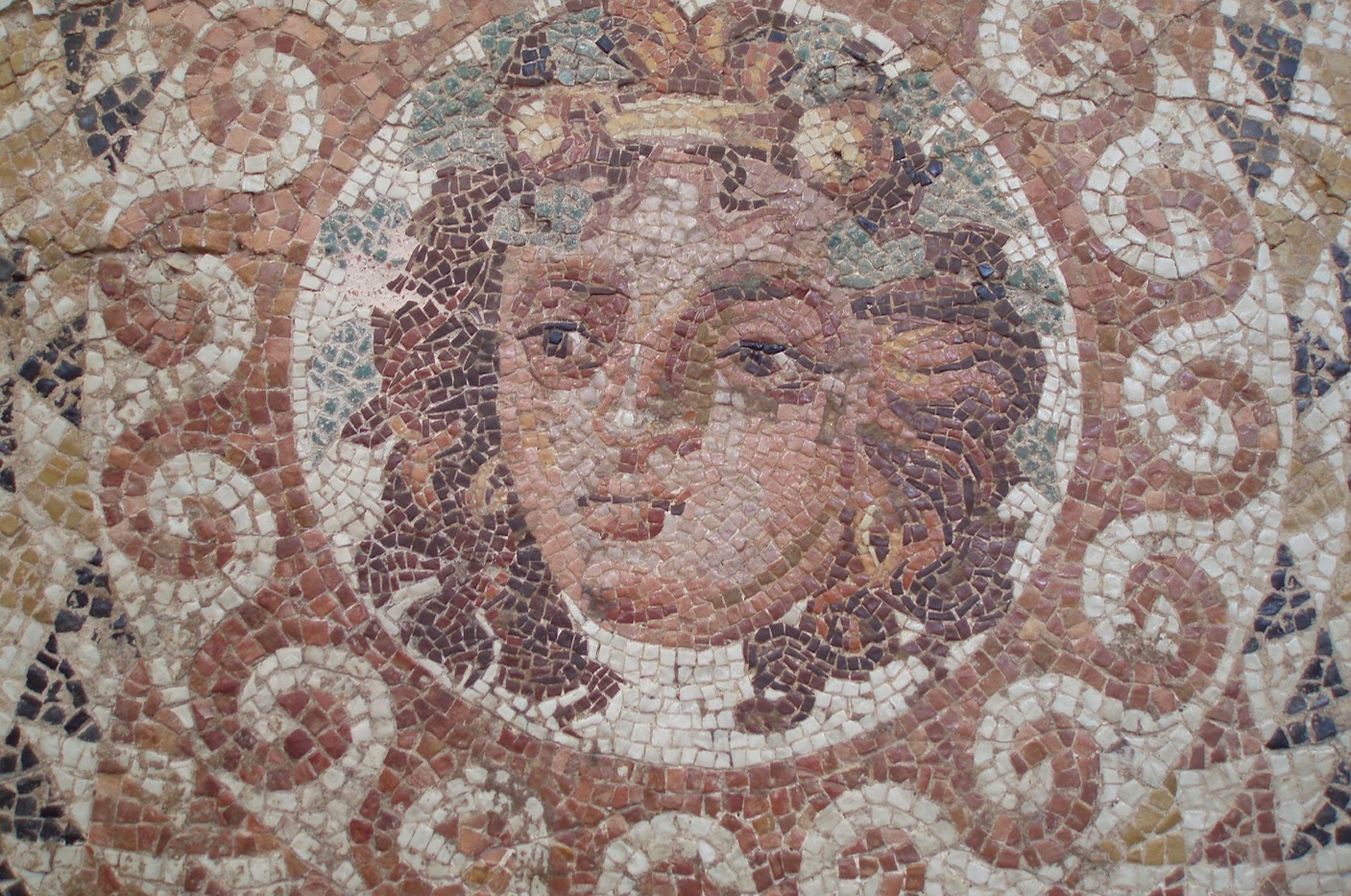
Welcome! We are proud to be the only Greek and Latin graduate program in North America that combines the study of the classical world with a special focus at the doctoral level on late antiquity. Our friendly community of graduate and certificate students shares interests that range from Pindar and Seneca to Prudentius and Basil. Together, we study literature that ranges across the cultures of ancient Greece and Rome and down into the Middle Ages. Our work is enriched by our close cooperation with our sibling programs in Early Christian Studies, Medieval and Byzantine Studies, History, and Semitics, and by the courses our students can elect in Theology and Philosophy, as well.
Graduate study in our discipline is a serious and meaningful choice, and we take your decision-making process seriously, too. If you are already thinking about applying, you may want to consult our FAQs about graduate admission, or set up a meeting with our chair or graduate advisor. We pride ourselves on great advising even for prospective students, and we would love to talk with you.
Which degree program should I choose?
- M.A. applicants should already hold a bachelor's degree before they would begin at Catholic University (in other words, you can apply during the senior year of undergraduate studies).
- M.A.-Ph.D. applicants should already hold a bachelor's degree before they would begin at Catholic University and plan to complete both the M.A. and the Ph.D. in this program.
- Ph.D. applicants should already hold an M.A. in Classics or in Greek and Latin before they would begin at Catholic University.
The department will advise you if the faculty believe that your file would best be considered in a different degree category from the one you select on your application. (Changing from one application category to another is entirely possible, as long as you remain in close contact with us during the process.)
Once you are ready to apply, please consult the Graduate Admission section of the Catholic University website for more information. After you have filled out your online application, you will need to add the following supplementary materials.
Required supplementary materials for application
- An essay (Statement of Purpose) of approximately 1000-1500 words detailing your academic interests and goals, the sort of career you hope to pursue, and the reasons that have led you to apply to this particular program at Catholic University.
Suggestions: The essay is one of the most important parts of your application. It represents an opportunity to present a coherent narrative of your academic career to date, to discuss your plans, and to demonstrate why Catholic University in particular is an appropriate bridge between your past and your future. It is particularly recommended that you discuss your skills and background in the broader field, describe the levels that you have attained in the ancient languages, mention any special educational experiences you may have had, and explain any items in your academic record that may not be representative of your current goals and interests. - A writing sample of previous academic work. This should be a paper of at least seven pages, based on research in both primary and secondary sources and offering full references (footnotes or endnotes) and a bibliography. Please submit a clean, unmarked copy.
Suggestions: The writing sample, if at all possible, should show direct engagement with primary sources in the ancient languages; ideally, it should also be fairly recent. A section of an undergraduate senior thesis or an M.A. thesis in progress is acceptable if the section itself is completely finished and polished, with all references complete. While there is no page maximum for the writing sample, please try to submit less than 30 pages. - A list of the modern languages you have studied or know. You should indicate whether your competence is (e.g.) mainly oral/aural, only in reading, or in reading and writing, and approximately what level of competence you feel you have attained.
Suggestions: It would be useful to note if you have plans to pursue work in a modern language during the summer prior to entering a graduate program. If you have prior studies in an ancient language other than Greek or Latin (e.g. biblical Hebrew, Coptic, etc.), you may also feel free to list it here. - A list of all works, classical, patristic, or medieval, that you have read in Greek or in Latin. If only sections of a work were read in the original, please estimate the percentage of the whole, or provide an approximate page count.
Suggestions: These Greek and Latin lists are of particular importance in assessing candidates' linguistic attainment. It is understood that some applicants at the M.A. level, in particular, may have more limited language experience (see the FAQs about graduate admission for a discussion of how the department addresses this situation). If you have only studied a language at the elementary level, or if you have background in self-study or in high school, please enter it and describe it on this list as precisely as you can. - GRE scores from the GRE General Test (there is no subject test for Classics). The Catholic University graduate application portal does ask for these of its own accord, but it is important that you know about this requirement ahead of time so that you can plan to take the test.
Suggestions: GRE scores are only one piece of an admissions file, but they are employed in the competition process for university-wide fellowships and in the evaluation of candidates for departmental funding. One good way to get ready for the test is by working through the free preparation materials on the GRE's own website.
Will I be admitted?
As you can see from our FAQs about graduate admission, there is no set formula for successful admissions results. Our faculty consider prior academic achievement, past experience in the general field of classics and in the study of foreign languages, GRE scores, letters of recommendation, seriousness of purpose, and potential for future success when evaluating applications. Some of our current students have followed comparatively traditional academic paths to and through Catholic University; others have come to us from the professional world to start a second career. If you are interested in what we have to offer, we are interested in learning more about your potential.
Important dates
Catholic University processes applications on a rolling basis. Once your application file is complete, you will receive a decision within 4-6 weeks.

